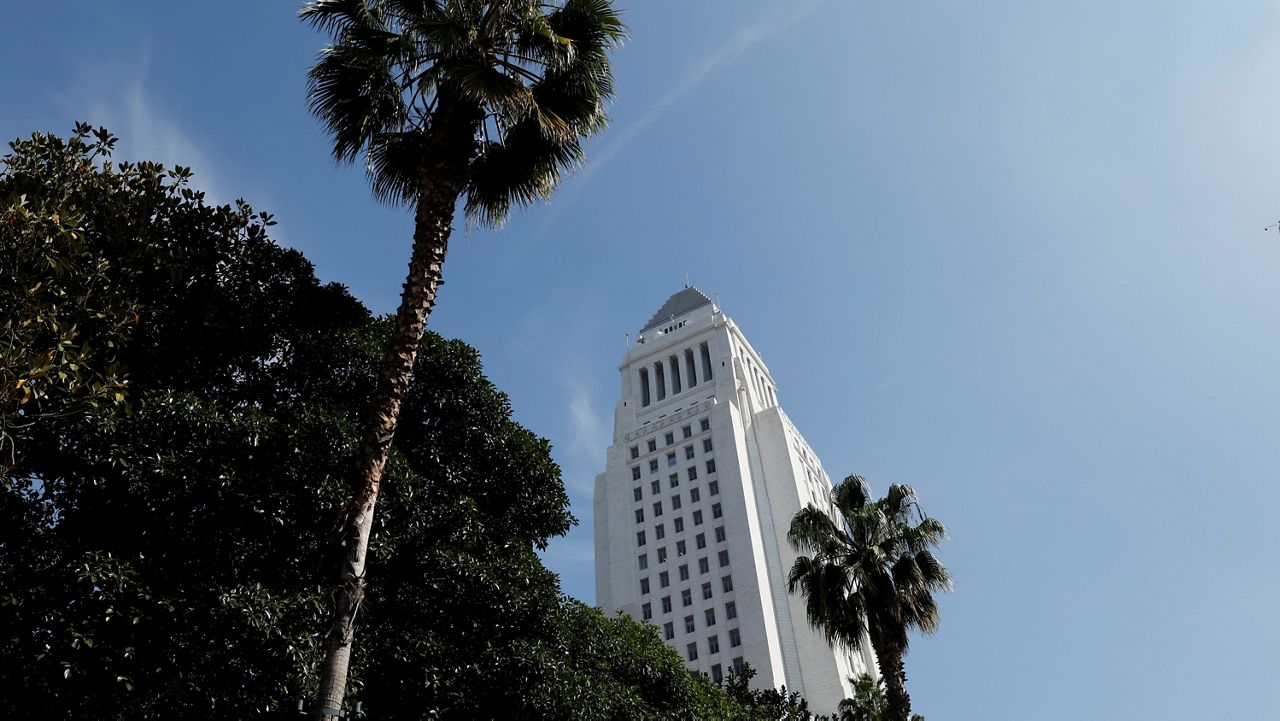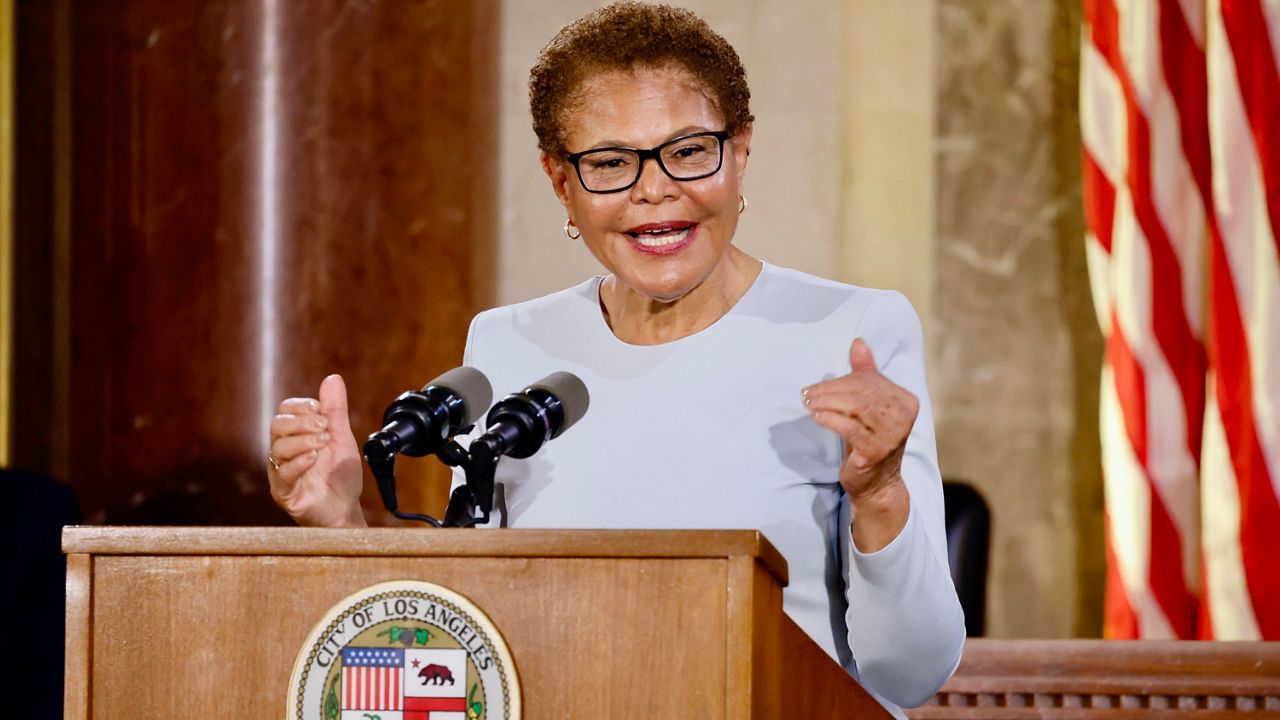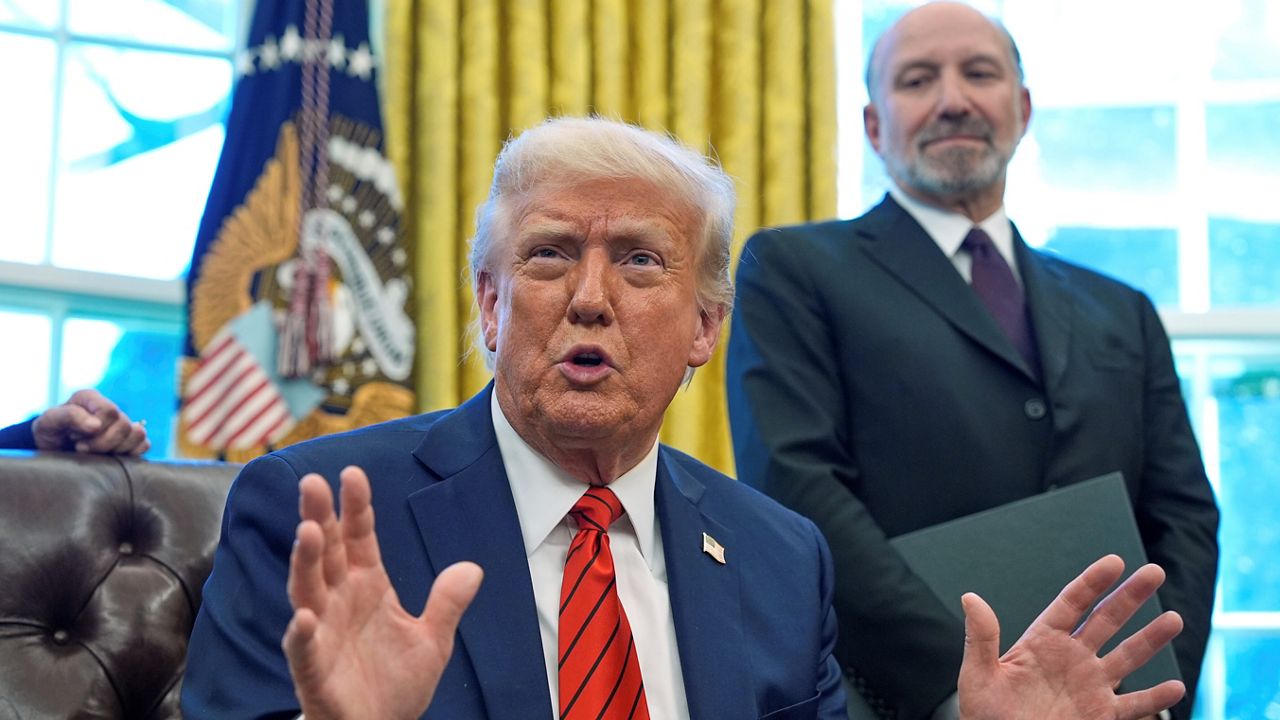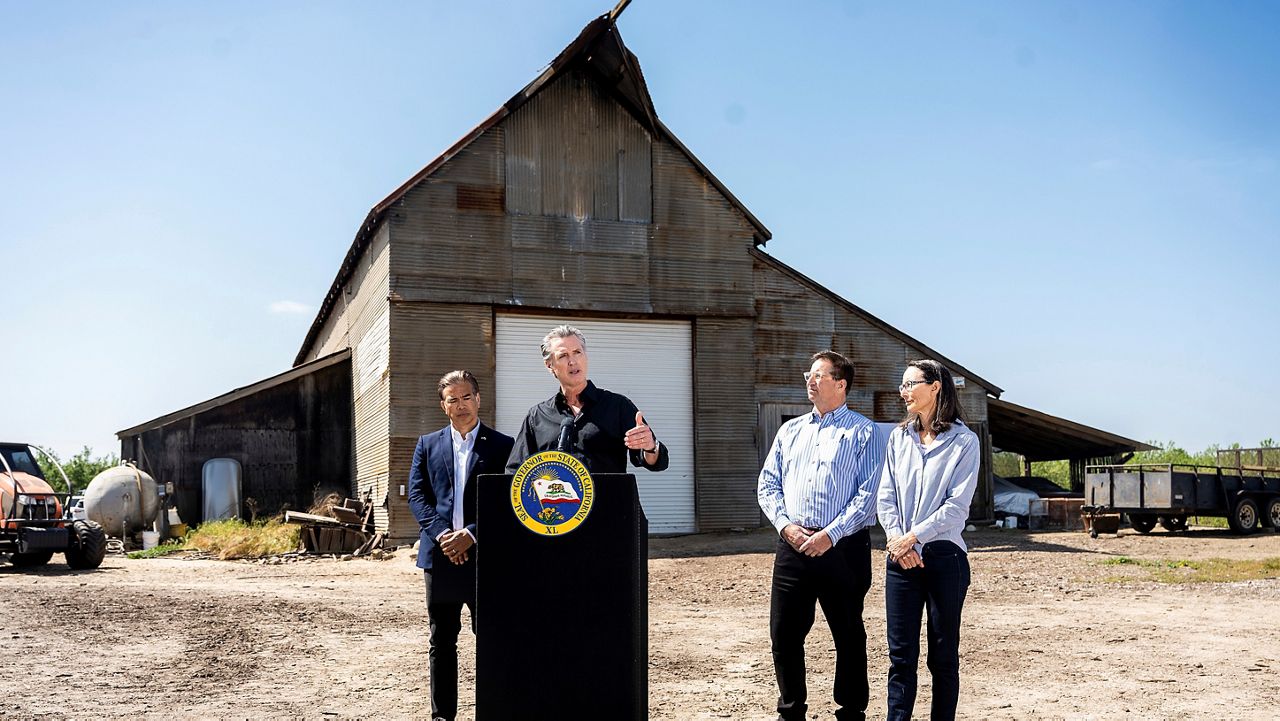A year ago, thousands of supporters of former President Donald Trump stormed the U.S. Capitol citing false claims of election fraud.
The insurrection quickly turned violent as rioters sought to disrupt the counting of Electoral College votes. Five people died and hundreds have been arrested in connection with the Capitol insurrection. But how will the events at the Capitol on Jan. 6, 2021 be remembered over the course of American history?
Omar Wasow, a politics professor at Pomona College, told “Inside the Issues” host Alex Cohen that the Capitol riot was an extreme political attack, but it was also a quintessentially American act.
Wasow explained the U.S. has a long of history of mob violence, including many moments of racially motivated attacks and lynchings. The rioters at the Capitol fit into these patterns of unrest when they waved Confederate flags and raised a noose, harking back to racist traditions in American history, the professor said.
On the other hand, Wasow noted on the night before the Capitol siege, a Jewish senator and a Black senator were elected to represent Georgia in the Senate. This electoral milestone reveals another longstanding tradition in America, the push for equality.
“On Jan. 6, there’s this remarkable clash of two traditions. One is a long push for making America more egalitarian, and another an attempt to kind of maintain the status quo, and particularly to reject the election, a free and fair election of a candidate who was elected by a multiracial coalition,” he said.“On Jan. 6, there’s this remarkable clash of two traditions. One is a long push for making America more egalitarian, and another an attempt to kind of maintain the status quo, and particularly to reject the election, a free and fair election of a candidate who was elected by a multiracial coalition,” he said.
The Pomona College professor primarily studies protests and race relations in the U.S. and acknowledged that violence has always been a powerful political tool in American history.
Throughout the country’s history there has been a civil war, presidential assassinations and major violent mob attacks. Wasow explained during the interview that the events on Jan. 6 were simply another point of violence on the timeline of the U.S.
“This is actually quite routine, and we need to take it seriously and also think about how to counter it through things like trying to maintain norms of non violence and mutual respect and tolerance,” he added.
However, Wasow said there are historical events where violence is acceptable and unavoidable, such as when authoritarian regimes persecute populations, limit freedom of speech or make it impossible to express civil disobedience through peaceful collective action.
“When those kinds of means of expression and redress of grievances are unavailable, then I think violence might be justified, but until all of those other options have been exhausted, I see violence typically is corrosive,” he said.
Let "Inside the Issues" know your thoughts and watch Monday through Friday at 8 and 11 p.m. on Spectrum News 1.











